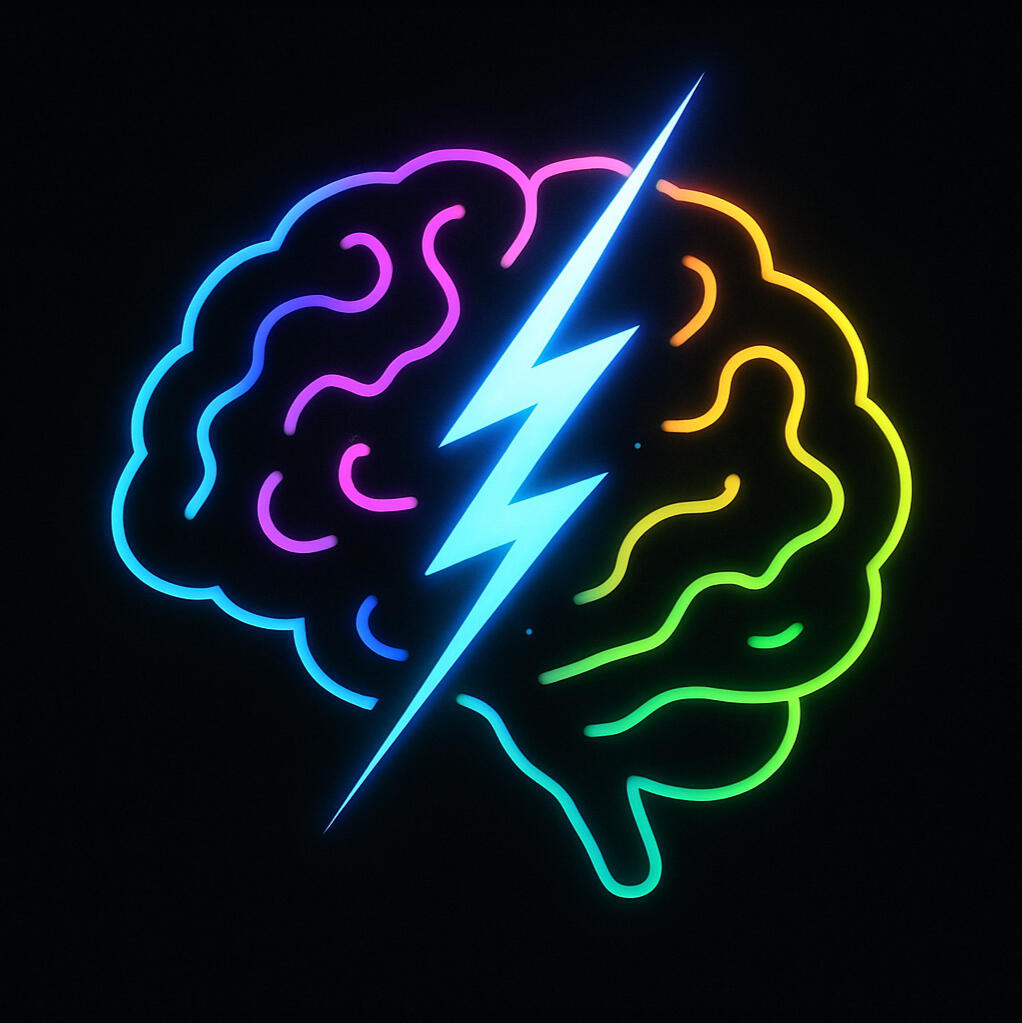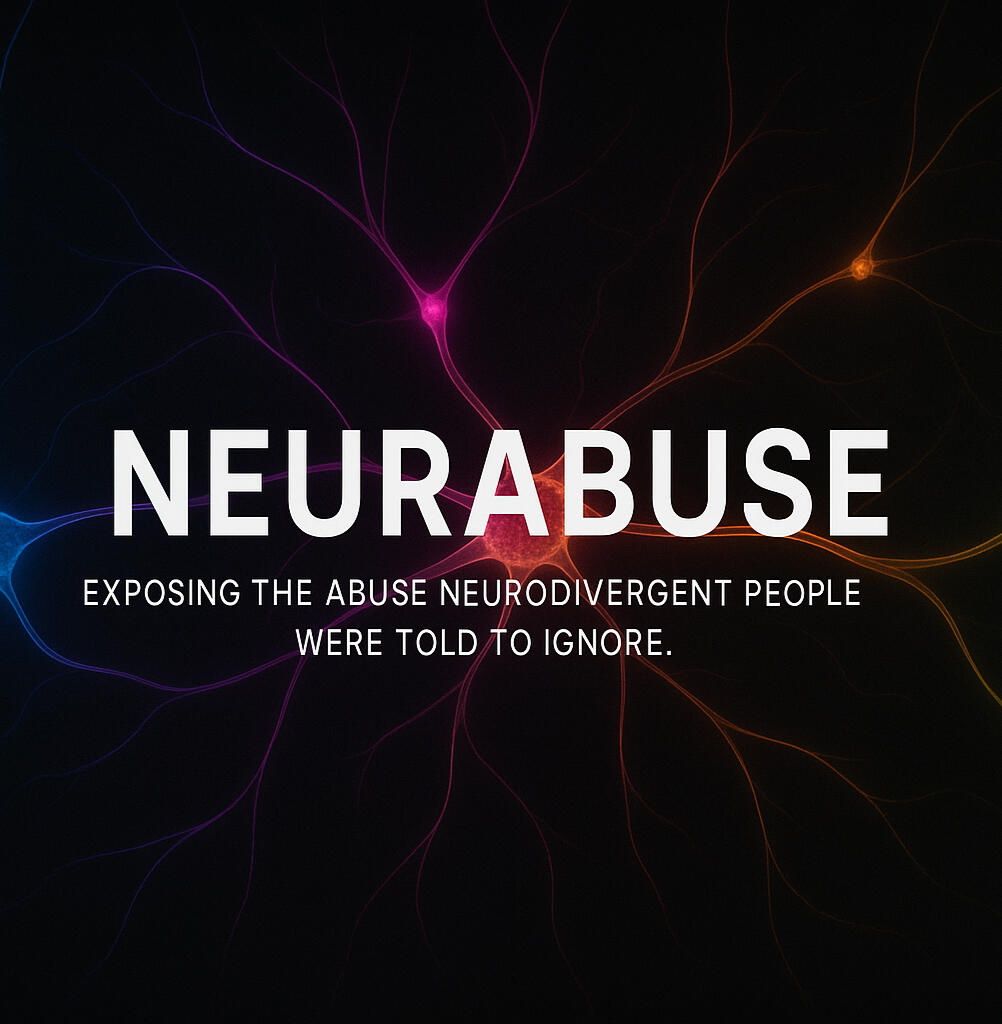Learn the Signs. Recognize the Patterns.
Neurabuse
Neurodivergent people—including those with autism, ADHD, OCD, SPD, APD, and dyslexia—are more vulnerable to emotional abuse and control.
Neurabuse helps you recognize hidden patterns and explore possible neurodivergence. This page focuses on autism, the condition most commonly targeted for emotional and psychological abuse—especially when masked or undiagnosed.
These tools are not diagnostic. They're here to support self-discovery, clarity, and healing.

Autism
CAT-Q
The CAT-Q (Camouflaging Autistic Traits Questionnaire) measures the extent to which someone hides or masks autistic traits in social situations. It’s especially valuable for autistic women, nonbinary people, and late-diagnosed adults who have learned to “blend in” but still struggle internally. This test reveals how much effort goes into appearing neurotypical—and the toll it takes.
Autism
RAADS-R
The RAADS-R is an 80-question self-assessment designed to identify autism traits in adults, especially those who were never diagnosed in childhood. It evaluates social interaction, language, sensory sensitivity, and routines—areas often missed in high-masking individuals. This tool is frequently used in clinical evaluations and is one of the most comprehensive online autism screeners available.


Autism
AQ
The AQ is a widely used 50-question test that screens for traits commonly associated with autism, including attention to detail, social skills, communication, imagination, and routine preference. It offers a quick overview of where someone may fall on the spectrum, though it may miss more subtle or masked traits.
Autism
CATI
The CATI (Comprehensive Autistic Trait Inventory) is a 42-question self-assessment designed to measure a wide range of autistic traits in adults. Developed specifically to address gaps in older tools, it includes both social and non-social traits and is inclusive of women and gender-diverse individuals who often go undiagnosed.

ADHD
ASRS
The Adult ADHD Self-Report Scale (ASRS), developed by the WHO, is an 18-question screening tool based on DSM criteria. It helps identify signs of inattention, hyperactivity, and impulsivity in adults. While not diagnostic, it’s a helpful first step toward recognizing patterns that may warrant further clinical evaluation.


OCD
OCI-R
The OCI-R is an 18-question self-assessment that screens for common OCD symptoms like checking, washing, and obsessive thoughts. It’s a helpful tool for identifying patterns, but not a formal diagnosis.
Alexithymia
TAS-20
The TAS-20 (Toronto Alexithymia Scale) is a 20-item self-assessment that measures difficulty identifying, describing, and connecting with emotions. It’s often used with autistic and trauma-impacted individuals to explore emotional disconnection, shutdown, or numbness. Not diagnostic, but a powerful tool for self-awareness.

Unearth the Past. Understand the Present.
Uncovering Trauma
This section helps you go deeper, uncovering the emotional wounds and survival patterns that shaped your nervous system. Through tools like the ACE score, CATI, and fawn response assessments, you’ll begin to trace the impact of abuse, invalidation, and chronic stress. These tools won’t diagnose you—but they can help you understand what happened, why it still affects you, and how to begin reclaiming your story.
Adverse Childhood Experiences
ACE
The ACE test is a 10-question screening tool that measures exposure to childhood abuse, neglect, and household dysfunction. High scores are strongly linked to chronic health problems, emotional struggles, and relationship patterns in adulthood.
Complex Post Traumatic Stress Disorder Test
CPTSD Test
This self-assessment screens for symptoms of Complex PTSD, including emotional flashbacks, shame, relationship difficulties, and chronic fear. It’s designed to help identify the long-term impact of ongoing trauma, especially from abusive relationships or childhood experiences.
Have a question, story, or topic ?
Contact Us
We’d love to hear from you. Whether you’re navigating your own experience, have a suggestion for a future blog post, or want to contribute your voice directly—we’re listening. Neurabuse is built by and for the neurodivergent community, and we welcome guest blogs from survivors, advocates, and those still figuring it out. If you have something to say, this space is yours too. Reach out below to share an idea, ask a question, or submit a piece for consideration.
©Neurabuse. All rights reserved.
Thanks
Thank you for being here. Your voice matters, and we’re honored to hold space with you. We hope to be a useful part of your journey